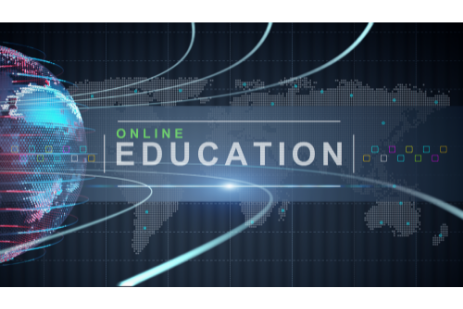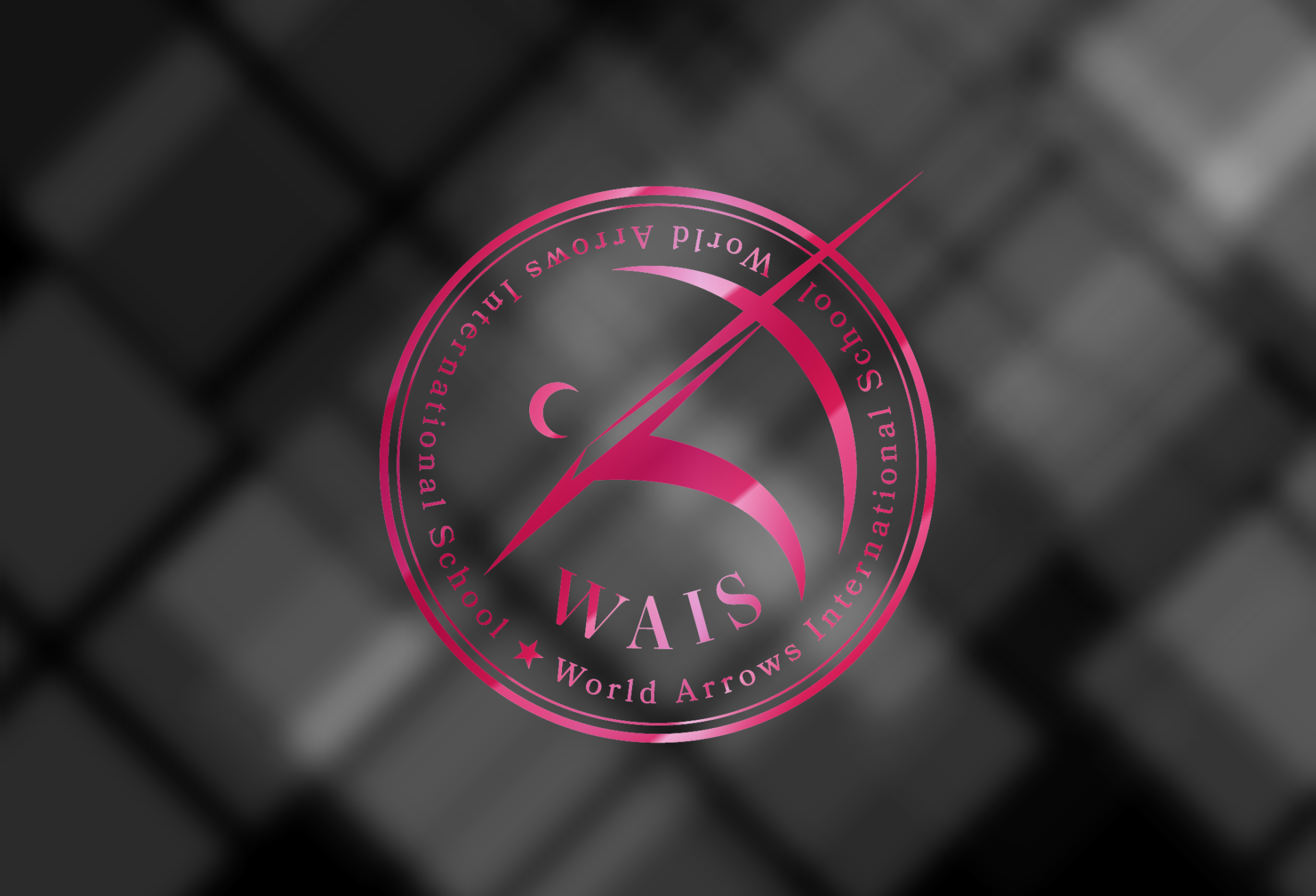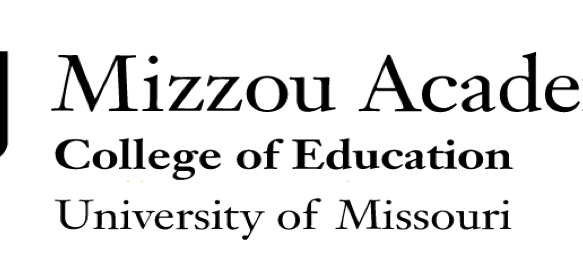About WAIS

Today’s global society is changing at a much faster and more complex pace than we can imagine. In order to avoid being swallowed up in the maelstrom of change, it is becoming increasingly important for children to acquire global skills from an early age.
However, support for the “arrow” (child) to fly straight toward the “target” of a successful life is essential. We established WAIS (World Arrows International School), hoping to provide that support.
Basic Philosophy

Today, we live in an age of constant change. Not only the waves of global society, but also declining birth rates, national economic fluctuations, and infectious diseases, such as covid-19, are piling up. With little prospect for the future, education is necessary and should not be taken for granted. In addition, the stereotypes, religions, and traditions of a country’s culture, which have been cultivated over many years, may intertwine and affect education.
WAIS has adopted educational methods that are in line with the current times. We also respect each other’s culture so that students from any cultural background can feel at ease. In this way, students can easily adopt new values and ways of thinking and learn to be self-reliant in the global society of the future.
WAIS places particular emphasis on three aspects: the quality of curriculum and materials, the quality of teachers, and the provision of a learning environment.
The Quality of Curriculum and Materials approved by the United States

WAIS recognizes the importance of using a nationally approved curriculum and materials.
How would you feel if the school you are currently attending in Japan teaches with its own curriculum and commercial materials? Of course, there would be educational disparities depending on the school. In Japan, most public schools are granted to use government-approved curricula and materials to minimize nationwide educational inequality.
Partnering with two accredited schools in the United States enables us to provide students with the curriculum and materials (digitally) that are approved by the US Department of Education. This eliminates the educational gap between students studying in the US and WAIS students.
WAIS believes that using US government-approved curriculum and materials is more beneficial for many students.
Teacher Quality Online -we can recruit teachers from all over the world.

Just as not every Japanese person can become a Japanese language teacher, not every person can become an English teacher just because they are a native speaker. However, since the number of native English speakers in Japan is quite limited, it hasn’t been easy to find native English-speaking teachers.
Online resources enable us to meet with qualified native English-speaking instructors located worldwide. Also, applying our Japanese staff to supporting those instructors allows us to provide the students with the best-qualified education that is comfortable for Japanese students.
A mobile-friendly environment for all students

Japanese people are rated as the least able to speak English among developed countries. There are many environments where you can learn English, but not many environments where you can understand English without swiftly translating it into Japanese. In other words, it is quite difficult to find a learning opportunity where you can develop a native English speaker’s mindset.
Speaking Japanese is enough to have a comfortable life in Japan, and this situation enables us to feel that high English competency is not required. Most Japanese settle with an English-speaking level just for traveling abroad on vacation. However, it is quite evident that this level of English competency is not enough to be a global leader in the 21st century.
A global society requires us to have the ability to listen, understand, persuade, argue, and reach others in English. To achieve this, we have to gain our expertise from the basic all the way to the advanced level in English. The experience of learning, thinking, worrying, discovering, and being moved in English will help people to acquire the skills that will enable them to convey their feelings to others. We believe that the students will be able to move others with their own English words just by experiencing these feelings with learning, considering, struggling, discovering, and being thrilled in English-speaking situations.
English competency skills, which can help persuade others, are entirely different from conversational English competency skills and are essential for a global society in the 21st century. However, it is not an easy task to develop English competency skills in Japan as it requires devoting a lot of your time to studying English. According to the Foreign Service Institute of the US Department of Foreign Affairs, it takes 2200 hours for Americans to learn Japanese to achieve native Japanese language competency. URL:Foreign Language Training – United States Department of State
Let us imagine that if you study English for one hour every week, it will take you about 46 years to learn 2200 hours. If you start studying at the age of 6, you wouldn’t reach competency until turning 52! If they charge you 10,000 yen for the monthly lessons, the total cost would be about 5,520,000 yen!
Let’s consider if your child enrolls in an international school in Japan. The average annual tuition is said to be around 1.5 to 2 million yen. This means the total cost would be 18 to 24 million yen if they were enrolled in an international school for 12 years (elementary, middle, and high school). In addition, international schools are not located in every corner of the country, so there are often no schools within easy reach.
WAIS will provide an environment where more people can learn English no matter where they live and what their family finances are. We can realize this by providing an online educational system that saves on the cost of physical classroom maintenance.
Since we agree with the advantages of the face-to-face learning environment in a classroom, we will also consider providing these educational classroom environments in the future. We commit to being very flexible in decision-making as the world is changing dramatically every day. We also believe that we can gradually improve the educational environment to match the future. Based on the existing educational system,WAIS will be one of the international schools by integrating our curriculum with the current educational institutions in Japan and abroad.
8 global skills you can acquire through WAIS

- English Ability
- Flexibility
- Communication Skills
- Challenging Spirit
- Sense of Responsibility
- Ability to Embrace Diversity & Inclusion
- Logical Thinking
- Presentation Skills
Double high school diploma from Japan and the United States

We partnered with the University of Missouri and Centric Learning in the United States. This makes it possible to provide the students with a US high school diploma and for the students to learn from a reliable curriculum and materials which are accredited by the US Department of Education.
There are two paths ways to obtain a double diploma at our school.
Pathway A
Your first option is to obtain a double diploma while attending school in Japan.
Please do not worry about quitting your current Japanese school to get a double diploma! We prepare the evening lessons for you to study the US curriculum even after you finish your daytime classes in your current domestic school. In this way, you can obtain a double diploma from Japan and the United States.
Pathway B
The second way is to attend a correspondence high school in Japan that is a partner of WAIS and study at the same time in the courses offered by WAIS. WAIS offers a “Special Course” for students from the high schools with which it has a partnership. This “Special Course” allows students to earn a double diploma in Japan and the U.S. through a mutual credit system. For information on partner high schools, please contact us.
All high schools in the U.S. allow students to study online, while Japanese high schools require students to attend school for a certain number of days as stipulated by law.
Traditional and alternative course in US curriculum for a double degree
In order to acquire a double diploma, students choose either the Traditional Courses or the Alternative Courses to fulfill the US curriculum.
Traditional Course

The curriculum for the traditional course is a progressive learning method that is the oldest and most widespread learning method not only in the United States but also in the world.
The University of Missouri develops the curriculum in this traditional course. It is well structured and mainly for students to study each subject by order of the topics in the textbook, which is probably familiar to Japanese learners, while integrated with active learning and problem-solving, which is absolutely required in the 21st century. This curriculum includes four subjects to learn for the students from Kindergarten to 12th grade.
In this traditional course, you can choose from two classes: Advanced Class and Elective Class.
Advanced Class
The Advanced Class is designed to help students earn a high school diploma. The curriculum has been adjusted to make it easier for Japanese students to graduate. This class is offered on a full-time basis (Monday to Friday), and anyone from infants to adults can enroll. Students will be placed in classes according to their English ability to aim for a diploma.
Elective Class
The Elective Class allows students to choose their own curriculum and study days. The study days can be selected by four, eight, or twelve days per month or attend five days per week. Regardless of age, anyone can learn English here. This class is open to everyone, such as parents who want to learn English with their children, students to improve their English skills to study abroad, business people to achieve a certain English competency level, or retired elderly to study English as a hobby.
Alternative Course
PBL Class
The curriculum in WAIS alternative course is mainly run by Project-Based Learning (PBL), which is led by problem-based or problem-solving learning and has been favored by various American schools in recent years. In Japan, several universities have already brought this method to their classrooms, and it is recognized as a next-generation educational model focused on by educators worldwide.
Project-based learning is the exact opposite of the subject-based learning method. In PBL, students formulate a hypothesis for a problem with multiple answers, conduct their own research, and exchange opinions with the group to bring them to the solution.
For instance, in the case study to stop the destruction of the environment on a certain island, in subject-based learning (SBL), the student first learns the basic knowledge of geography, science, physics, and social studies, and applies these insights to figure out how to solve the problem. On the other hand, in project-based learning (PBL), students are encouraged to form their hypotheses, examine and conduct research to prove it, and consequently reach their answers, to solve the problem of environmental destruction.
The PBL curriculum in the alternative course is developed by the Centric Learning School and has been taught to many students over the years. This curriculum is approved by the US Department of Education and evaluated/recognized by educators all over the US.
The curriculum in the alternative course is available for students to study from Grades4~12.
Supplementary English learning program for Beginners

This program is designed to help students acquire enough English competency to keep up with their classes.
ESL (English as a Second Language) classes are standard in the US educational system to educate non-native English speakers to learn English as a second language. Our program has a similar role for the students who have difficulty keeping up with their classes due to the lack of their English competency skills and help them improve it.
Our Advanced Class or Elective Class in the traditional courses integrate this program to help students to understand their classes.
Online Materials

Online materials are the best choice to study English for anyone living far away from international schools. Perhaps they are too busy to make time for learning English, face financial difficulties, or hesitate to drop out of their current school. We choose online materials so that anyone wishing to study English can do so.
The US Department of Education accredits our online material. Its quality is well-evaluated among educators in the US so that any student can easily adapt to this educational environment.
Traditional course Materials
Our traditional course material is developed exclusively for online use by the University of Missouri. This material mainly follows the methods that most American students are learning in daily school life while integrating with active learning methods such as Problem Based Learning (PBL). We believe that our materials provide students with a well-balanced and state-of-the-art online education for the 21st century.
Our Native English-speaking instructors operate their classes while working with their students online in an active learning environment, as well as considering their level of understanding. We believe that this attitude for the students encourages comprehensive study and efficiently develops their communication, leadership, and self-discipline skills.
Alternative course Materials
The Centric Learning School powers our alternative course material. These materials have been improved for many years based on their problem-based learning experiences for online use. The online system contains more than 500 projects, from which students can choose in accordance with their interests and schedules with their instructors. The native English-speaking instructors in our alternative course are skilled in teaching these PBL materials to provide the students with a comprehensive understanding online.
Join us at minimum four times a month

Our Elective Class in the Traditional Course allows you to study four times a month at minimum. You can choose from the following schedules; four, eight or twelve classes per month or every day (Monday through Friday). (Saturday and Sunday are closed.)
You can also join on the day of the class as long as the slot is available. Please be noted that only the Elective Class allows you to design your own schedule.
This traditional course class mainly teaches the students with the traditional course materials. Please be aware of your lesson schedules as the slots are limited. Early planning makes your study efficient and brings success to your studies.
Regardless of age, this course allows anyone to study English for a variety of purposes, such as maintaining English proficiency, experiencing English learning, for future study abroad, or as a hobby. Please note that if you wish to pursue a diploma, you must enroll in the Advanced Class in the traditional course or study in the alternative course.
Graduation Certificates & Transcripts
Graduation Certificates for High School Students

The students who study in the Advanced Class in the traditional course will receive a transcript of their grades for each semester. Upon completing the graduation requirements, students will be granted a University of Missouri High School diploma. This diploma is an official high school diploma approved in the United States.
The students who enroll in the Alternative course will receive a semester evaluation report. Upon completion of the graduation requirements, students will be granted a Centric Learning Academy diploma. This diploma is also certified as a high school diploma in the United States.
Transcripts for kindergarten, elementary, and middle school students
Students who study in the Advanced class in the traditional course or enroll in the alternative course will receive transcripts for each semester. Please note that there is no diploma for elementary and junior high school students in the US. Therefore, our school does not provide any diplomas for elementary and junior high school students.
Students who study in our advanced class in a traditional course or enroll in the alternative course without enrolling in their local school will receive the transcripts issued by WAIS. These transcripts will be recognized as the attendance of the local school, in accordance with their rules. Most local elementary and junior high schools recognize these transcripts as the accomplishment of your studies and grant their graduation diploma in your final year. Please be aware that you can inquire at your local school about these details.
Cognia™

Cognia became one of the world’s largest accreditation bodies with 125 years of history through joining the organization AdvancED. Cognia is one of the non-profit organizations which provides professional advice for educators and schools around the globe and is under the strong leadership of Dr. Mark Elgart (president) of Cognia. -Cognia Home- Cognia
School Staff

- President:Eiji Matsushita
- Principal:Joshua McAlister
- Academic Coordinator:Yoko Sasaki King
- Advisor: Ikuo Takeuchi (Professor emeritus of Tokyo University)
- Management Company: M’s International Inc.

